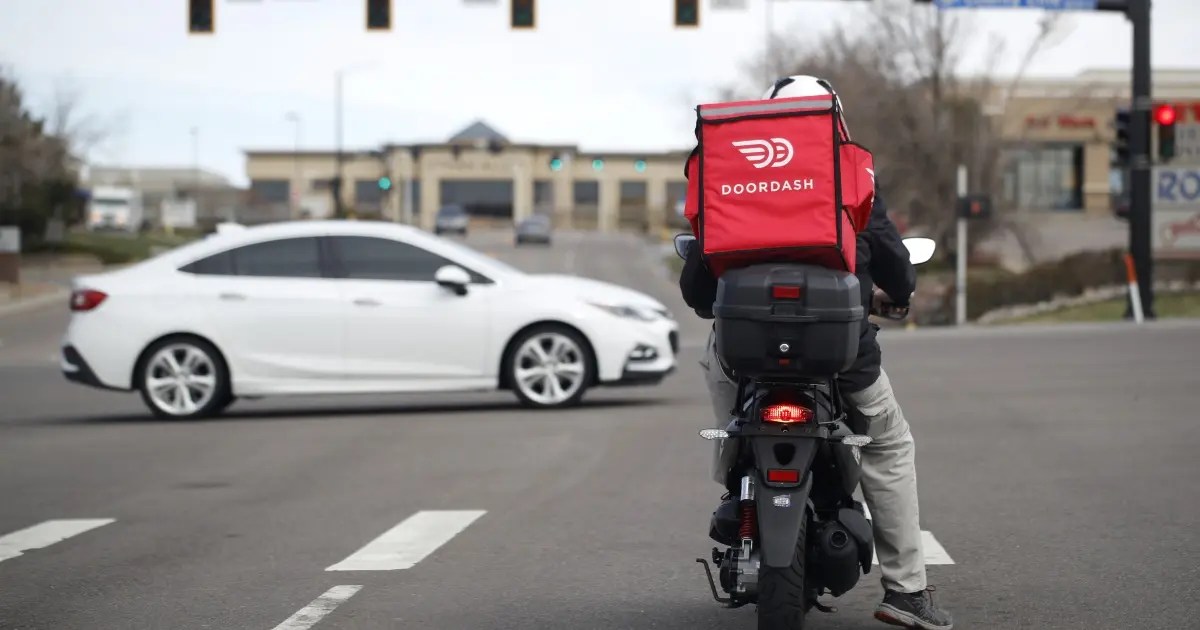The COVID-19 pandemic has brought unprecedented challenges to businesses around the world. Social isolation measures have forced companies to adapt and pivot their strategies in order to survive in this new reality. Among the many changes that businesses have had to make, shifting supplier strategies, introducing new products, and implementing contactless delivery methods have become essential.
In this article, we will explore how 10 retailers, including well-known brands like IKEA, Woolworths, and Best Buy, have pivoted their businesses to operate effectively during the pandemic. By examining their strategies, other businesses impacted by COVID-19 can find inspiration and guidance on how to adjust to the current situation.
What is a business pivot?
A business pivot is a strategic change made by a company to address a significant challenge or problem that is hindering its success. This can range from introducing new products or services to completely redefining the business and entering a new industry. Pivoting is about adapting to changing circumstances and finding innovative solutions to overcome obstacles.
The 10 retailers that pivoted during the COVID-19 pandemic:
1. Woolworths:
Woolworths, a South African retail chain, introduced essential groceries to their product offering and implemented a ‘Click & Collect’ module for safe shopping during the pandemic. This shift in strategy allowed them to cater to changing consumer needs and maintain a steady income.
2. IKEA:
IKEA, a Scandinavian furniture retailer, focused on improving their e-commerce platform and introduced contactless delivery options to protect customers and employees. By prioritizing online shopping, IKEA was able to continue serving customers even as stores closed.
3. Coach:
Coach, an American fashion luxury company, released a comfort-focused collection and started selling reusable face masks to meet the demands of their stay-at-home consumer base. They also extended return policies and implemented safety measures in their distribution centers.
4. Best Buy:
Best Buy, a consumer electronics retailer, implemented contactless curbside service for online orders and offered remote technology support through their Geek Squad service. By adapting to the increased demand for technology support, Best Buy was able to continue serving customers during the pandemic.
5. Rag & Bone:
Rag & Bone, an American fashion label, adjusted their processes to meet new safety standards and introduced virtual services like private appointments and curbside pickup. By prioritizing customer safety and convenience, Rag & Bone was able to maintain customer trust and loyalty.
6. Walgreens:
Walgreens, a pharmacy chain, partnered with Postmates to deliver grocery items and personal care products to customers. They also implemented safety measures in-store and offered drive-thru COVID-19 testing to ensure the well-being of employees and customers.
7. Granadilla Swim:
Granadilla Swim, a South African swimwear brand, introduced a new service selling fresh produce to maintain a steady income during the pandemic. This innovative approach not only helped the brand stay afloat but also supported local farmers and small businesses.
8. Michaels:
Michaels, a craft and home decor store, offered curbside and contactless pickup for online orders and implemented contactless home delivery. By prioritizing customer safety and convenience, Michaels was able to continue serving customers while adhering to social distancing guidelines.
9. DSW:
DSW, a footwear retailer, encouraged customers to shop online by offering free shipping and extended return policies. They also introduced curbside, contactless pickup and drop-off options to provide a safe shopping experience for customers.
10. Dick’s Sporting Goods:
Dick’s Sporting Goods, an American sporting goods retailer, offered curbside contactless pickup and implemented safety measures for employees and customers. They also provided shopping by appointment and designated shopping hours for at-risk customers to ensure a safe shopping environment.
In conclusion, the COVID-19 pandemic has forced businesses to adapt and pivot their strategies in order to survive in this challenging environment. By learning from the innovative approaches taken by these 10 retailers, other businesses can find inspiration and guidance on how to navigate the current situation and emerge stronger on the other side.



















